Public Seminars
Want a taste of our approach to regenerative development and to learn more about our global co-learning community? Register below for upcoming seminars, or view past recordings.
Upcoming Free Public Seminars
No seminars are currently scheduled. Check back soon for updates on new seminars.
Archived Recordings from Previous Seminars
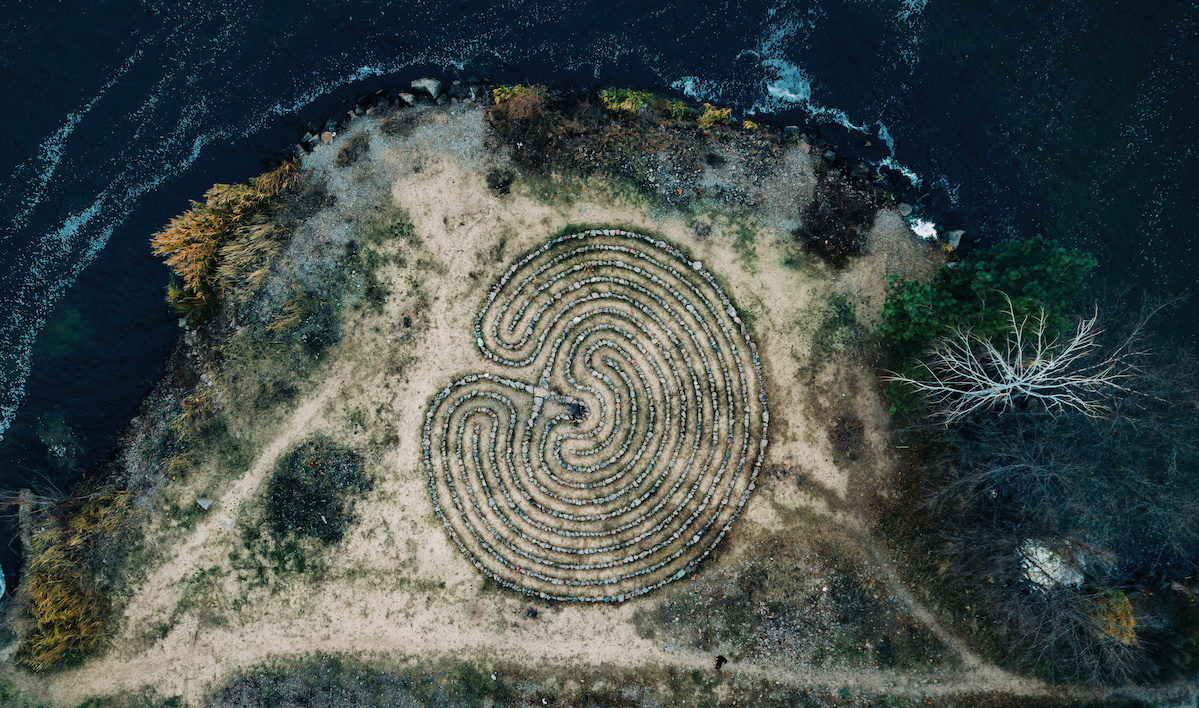
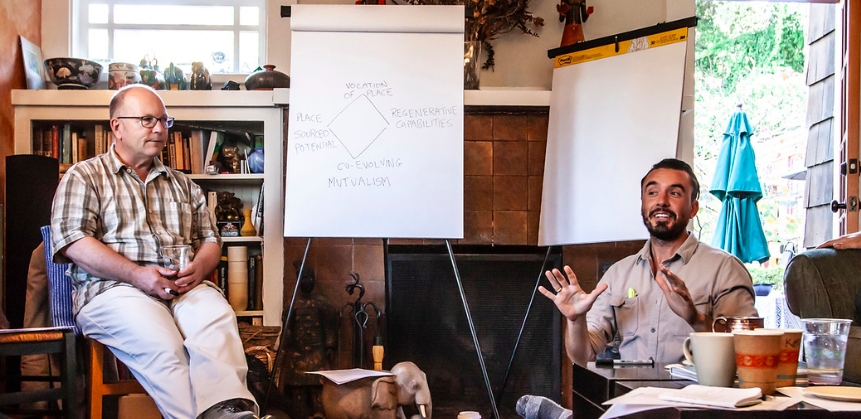
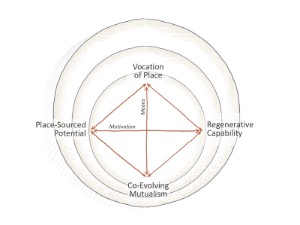
An Introduction to Regenerative Practice
with Ben Haggard, Regenesis Co-Founder and
Institute Core Faculty
Seminar held April 4th, 2024
Join Regenesis co-founder and core faculty member Ben Haggard for an introduction to the core concepts that make up the backbone of The Regenerative Practitioner Series, our flagship education program designed to give practitioners a foundational experience of the critical shifts in how we think and how we work that underlie a regenerative approach to development of all kinds.
About the Series: Regenesis was founded in the mid-1990s with the mission of transforming the way humans inhabit the earth. Our initial focus was on developing and field-testing regenerative development as both a theory and a practice. After bringing the regenerative development approach to hundreds of projects around the world, we launched The Regenerative Practitioner Series in 2013 with the conviction that greatest possible impact of this methodology would be realized by putting it into the hands of the highly skilled practitioners who are embedded within, and called to serve as committed change agents to, their own communities, organizations, and industries. Our global graduate community of over 1,000 practitioners in 40+ countries is working to apply regenerative development in their unique places, while stewarding the development of communities of regenerative practice and influence.
About the Seminar: In this free seminar, Ben will introduce the regenerative development framework that forms the throughline of The Regenerative Practitioner Series. This framework integrates four core elements that enable regenerative thinking and working across the nested systems in which we are embedded. Ben will also engage with a brief dialogue with members of our graduate community to highlight how the series has impacted their work, and we’ll conclude with a 30-minute Q&A.
Image credits, top to bottom: Labyrinth by Mulder Photo, Bay Area TRP Intensive by Stefanie J Studio, Regenerative Development Framework illustration by Ian Durneen
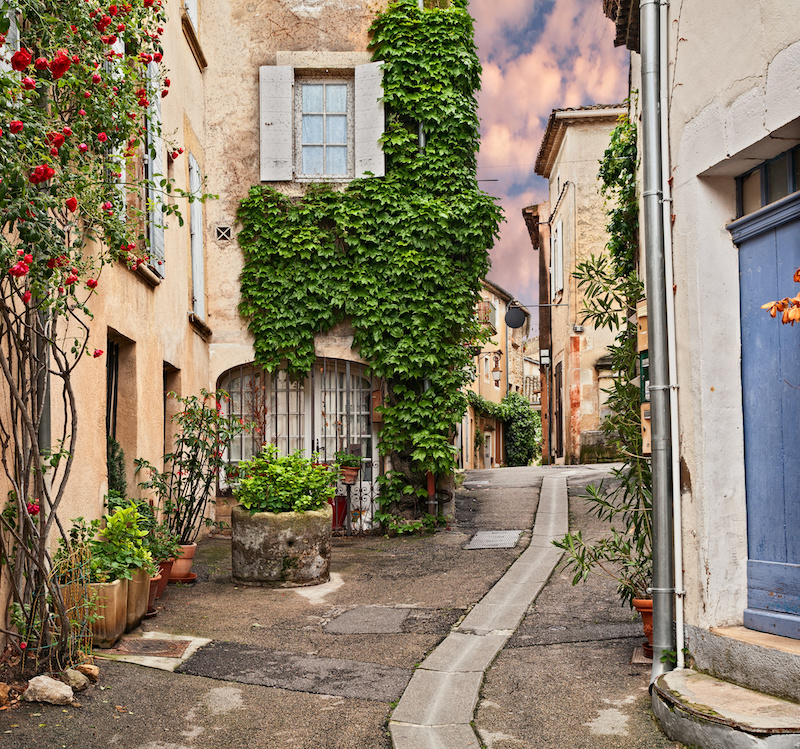
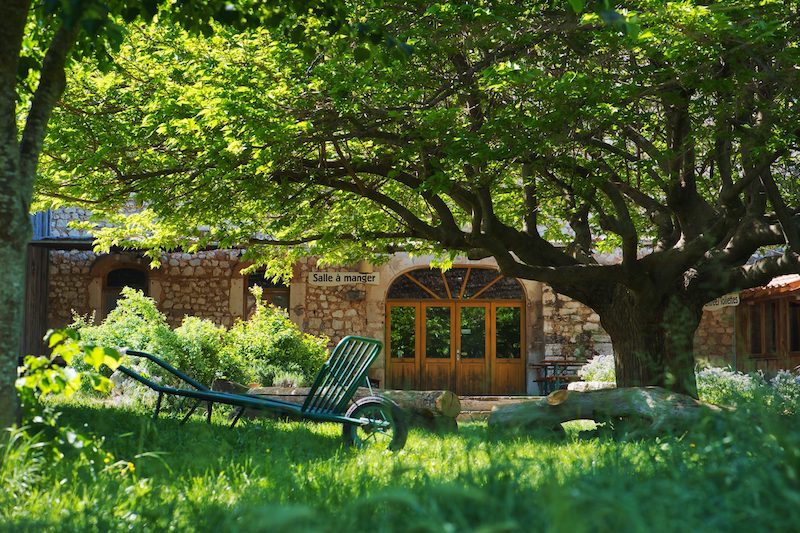
Regenerating Cultures of Place in the
Francophone World: A Dialogue with Members of
Our Community of Practice
Seminar held February 29th, 2024
Join us for a conversation among members of our emerging francophone community of practice, in dialogue with Regenesis faculty members Ben Haggard and Beatrice Ungard. In this conversation we’ll reflect on the difference that regenerative development can make to our communities, as well as the difference that our individual communities can make to the broader regenerative movement, and the regeneration of the planet as a whole.
- Members of our community of practice will share reflections on how bringing a regenerative development approach to our various fields—including the built environment, systems change, and business and leadership development—has impacted their work and shifted their perspectives.
- We’ll discuss the potential of growing communities of regenerative practice around the world as a process of lifting up the unique contributions that each culture of place can make to humanity’s understanding of what regeneration looks like on our planet.
In 2024 Regenesis Institute is expanding our programming to more directly serve the emergence of place-sourced communities of practice in locations across Europe, the Americas, and the Deep Pacific. We invite you, wherever you’re located, to join this exploration of how a community of regenerative practice might grow and evolve, what role it can play in the evolutionary trajectory of its community, and how local traditions, languages and cultures interact with this work.
Photo credits, top to bottom: Ermess via Adobe Stock; Les Amanins.

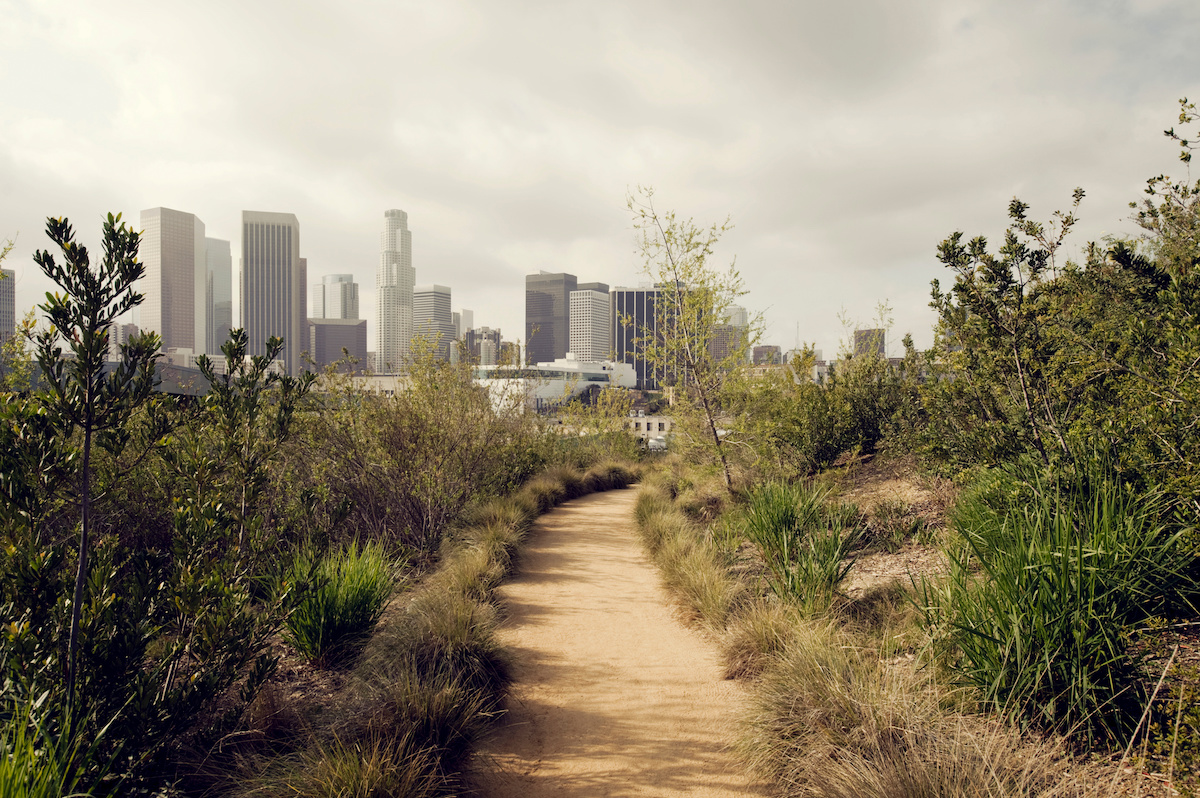
Towards a Living Infrastructure for Los Angeles:
A Conversation on A Regenerative Initiative
with Dawn Danby & David McConville of Spherical
and Ben Haggard of Regenesis
Seminar held September 15th, 2023
Cities occupy only two percent of the Earth’s surface, but they drive approximately 75% of global resource consumption and carbon emissions, creating cascading harmful impacts on the ecological systems that support them. There is growing focus on discerning how cities can reduce these impacts–but what if we could do more? What if even very large urban systems could bring themselves back into alignment with natural ecological processes? What if cities could become positive contributors to the overall health of the planet?
For the past 3 years, Regenesis has been working in collaboration with regenerative practitioners at Spherical, in a process led by Accelerate Resilience LA that’s building on decades of work by TreePeople founder Andy Lipkis to bring about a complete rethinking of how Los Angeles approaches its water. Our aim? To develop living infrastructure for the city of Los Angeles–infrastructure that is both itself alive, and capable of supporting the processes of life.
Join Ben Haggard, Dawn Danby and David McConville for an exploration of this regenerative process-in-progress—digging into the concept of living infrastructure and how it has emerged in Los Angeles, the strategy that we’re developing towards this aim, and what that means for how we engage people on the ground in this work.
Illustration of the weaving of built/natural/social systems by Spherical. Walk in The Park photo by Mel Stoutsenberger via Adobe Stock.

Urban Systems Change: Regenerating Our
Relationship to Water in Mexico City
Seminar held May 2023
Join core faculty member Ben Haggard and regenerative practitioner Delfín Montañana for a dialogue about a regenerative approach to hydrological health in the most water-insecure districts in Mexico City. Delfín is the Social Environmental Education Director at Isla Urbana, a nonprofit organization working in partnership with Mexico City government to install 100,000 rainwater harvesting systems in water-insecure districts—providing potable water while mitigating flooding and supporting aquifer recharge. Within this effort, Delfín’s work has focused on developing innovative programs to regenerate a culture of water stewardship at both the individual and neighborhood level, drawing from regenerative principles. This session will include a 60-minute dialogue with a 30-minute Q&A.
Photo credit: Isla Urbana
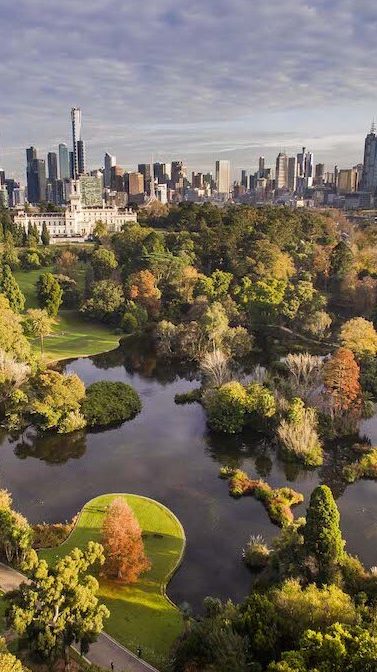
An Exploration of Regenerative Practice with Our
Australian Community
Seminar held May 2023
Join members of our Australian community of practice in exploring how regenerative concepts and principles have impacted their work. Facilitated by Institute faculty members and our Australian TRP host team: Joel Glanzberg, Drika Horton, and Lara Hunt. Speakers from the Australian community of practice will include:
- Alana Marsh: Alana is a regenerative system re-setting and Wayapa Wuurrk practitioner informed by Aboriginal ways of knowing and being.
- Willow Berzin: Willow is a creative director and regeneration designer working at the intersection of human potential and collective impact for thriving futures.
- Laurent de Schoutheete: Laurent is an international development practitioner with an interest in helping organisations improve their performance; he is committed to supporting communities and organisations to plan, design and manage their transition towards regenerative development
- Caroline Pidcock: Caroline is focused on how to inspire architects, other built environment professionals and people who commission and occupy buildings to find regenerative approaches that align caring for Country with human needs so we can all flourish.
- Bianca Anderson: Bianca is facilitator who weaves her practice from diverse knowledges: power intelligence, social entrepreneurship, systems theory, transformative pedagogies, adaptive and regenerative practice.
- Trish Hansen: Trish works to shift the adaptive capability of complex systems as well as catalysing the conditions for regenerative outcomes for cities, regions, organisations and major development projects.
- Daryl Taylor: Kinship Custodian, Kinglake & Community Mental Health
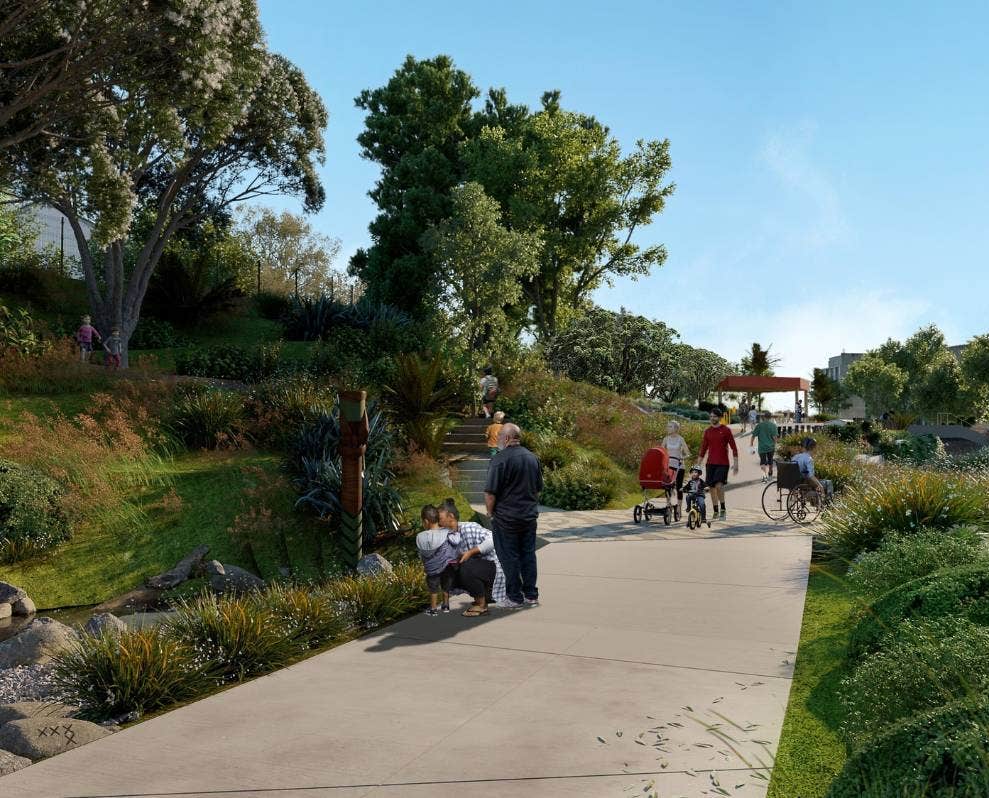
Regeneration at The Community Level: An
Introduction to Regenerative Practice with Ben
Haggard and Sara Zwart
Seminar held February 2023
Regenerative development is about reweaving a co-evolutionary relationship between human beings and ecological systems–work that is even more urgent now than ever before in the face of the interrelated crises of climate disruption and biodiversity loss. But how do we work on this? The interface between ecosystems and human systems is entirely unique in each individual place on earth—which means that each human community has an entirely unique regenerative potential to explore and manifest. Join Ben Haggard and Sara Zwart in an exploration of general principles for what regeneration looks like at the community level, as well as a dive into how this work has unfolded around a constellation of projects around the regeneration of ancestral streams in Auckland, New Zealand.
Photo credit: Panuku Development
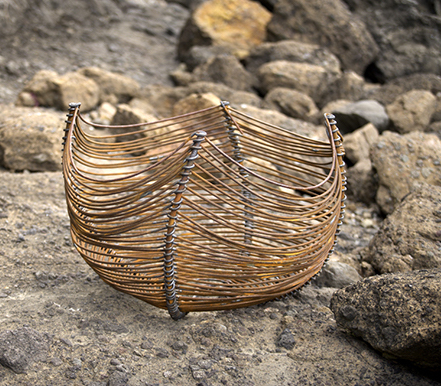
Working from Potential in Our Projects:
An Introduction to Regenerative Practice with Bill
Reed
Seminar held March 2023
A core aspect of regenerative practice is the ability to move beyond the fragmentation that is inherent when clients, stakeholders and community leaders fix their minds on single issues or problems that they want addressed. In our work, we accomplish this through a methodology that orients us to the inherent potential of a system—a unifying force that addresses the myriad individual issues and problems that stakeholders care about without collapsing into fragmentation. Join Bill Reed in an exploration of what it means to work from a potential-based mindset, the new possibilities that this approach unleashes, and what it looks like in practice.
Note: This seminar is a repeat, first offered in November 2022. We are offering the seminar again now to provide an accessible time for practitioners in NZ. Regardless of geography, if you missed it on the first go-around you are welcome to attend!
Abundance Basket, sculpture and photo by Caroline Robinson
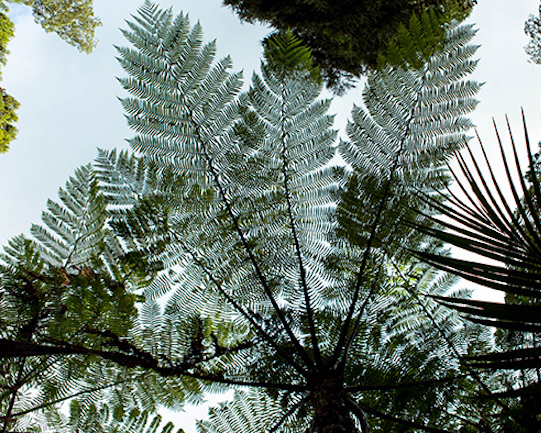
Working With the Patterns of Nature:
How Te Ao Māori and Regenerative Thinking Can Reshape How We Work and Embrace Our Place in the Natural World
Seminar held March 2023
“We all whakapapa back to Papatūānuku.” -Dr Amanda Yates, Associate Professor, AUT
Ngāti Whakaue, Ngāti Rangiwewehi, Te Aitanga a Mahakai, Rongowhakaata
“As people of the land, returning to place is how we heal ourselves and the earth.” -Lucie Greenwood
This is a dialogue responding to the inspiring provocation from Johnnie Freeland (Ngāti Te Ata Waiohua, Ngai Tūhoe) of Te Ao Māori and regenerative thinking as binocular vision, two lenses for looking at the world that together, can help us see a way forward. We’ll explore a new trajectory that sees our places as whole living systems regenerating: waterways, ecologies, communities, cultures and economies.
Photo credit: Laura Forest Photography
The Regenerative Practitioner Series is enrolling now
Ready to take a deeper dive into regenerative practice?
The Regenerative Practitioner Series is enrolling now for cohorts held both entirely online and in a hybrid in-person/online format.